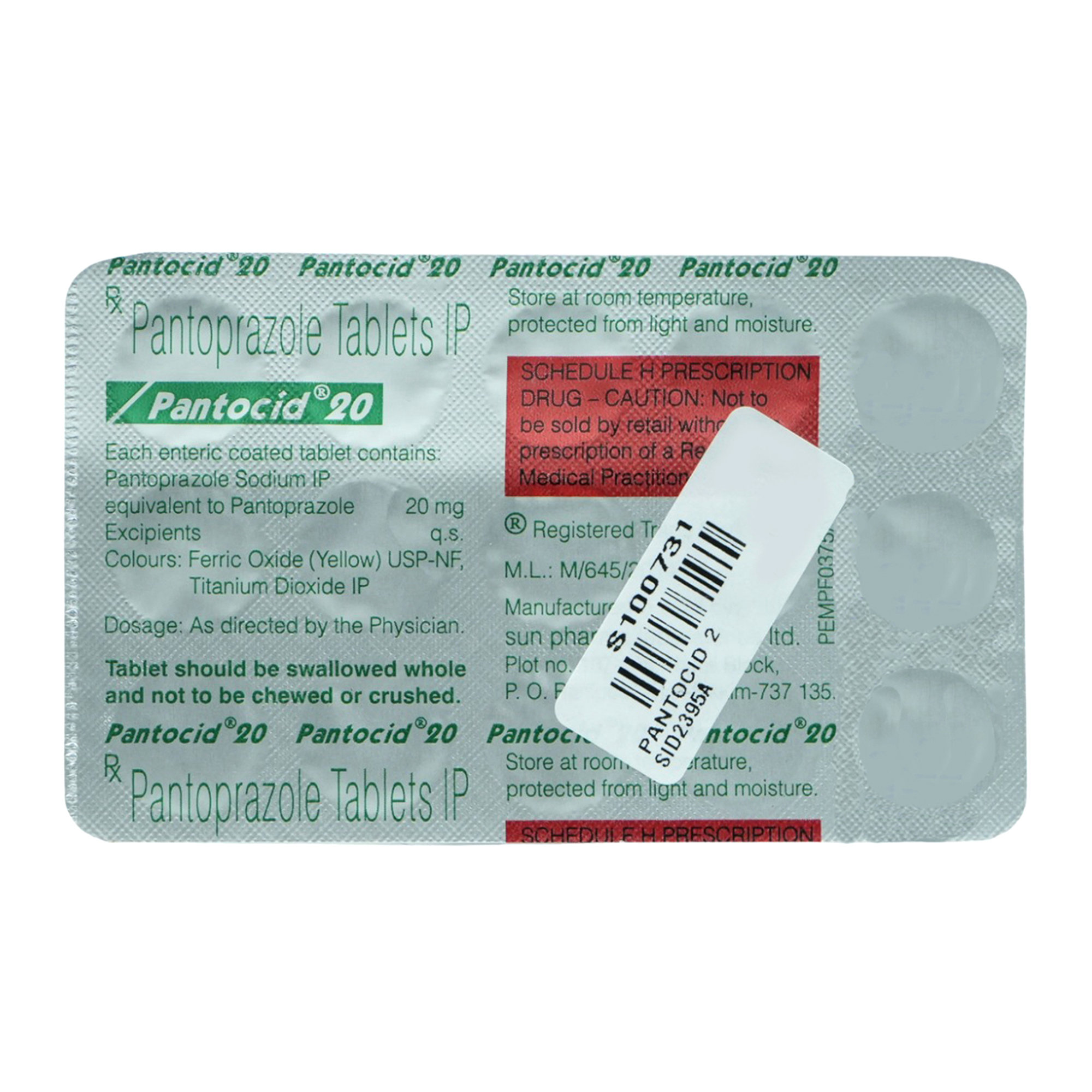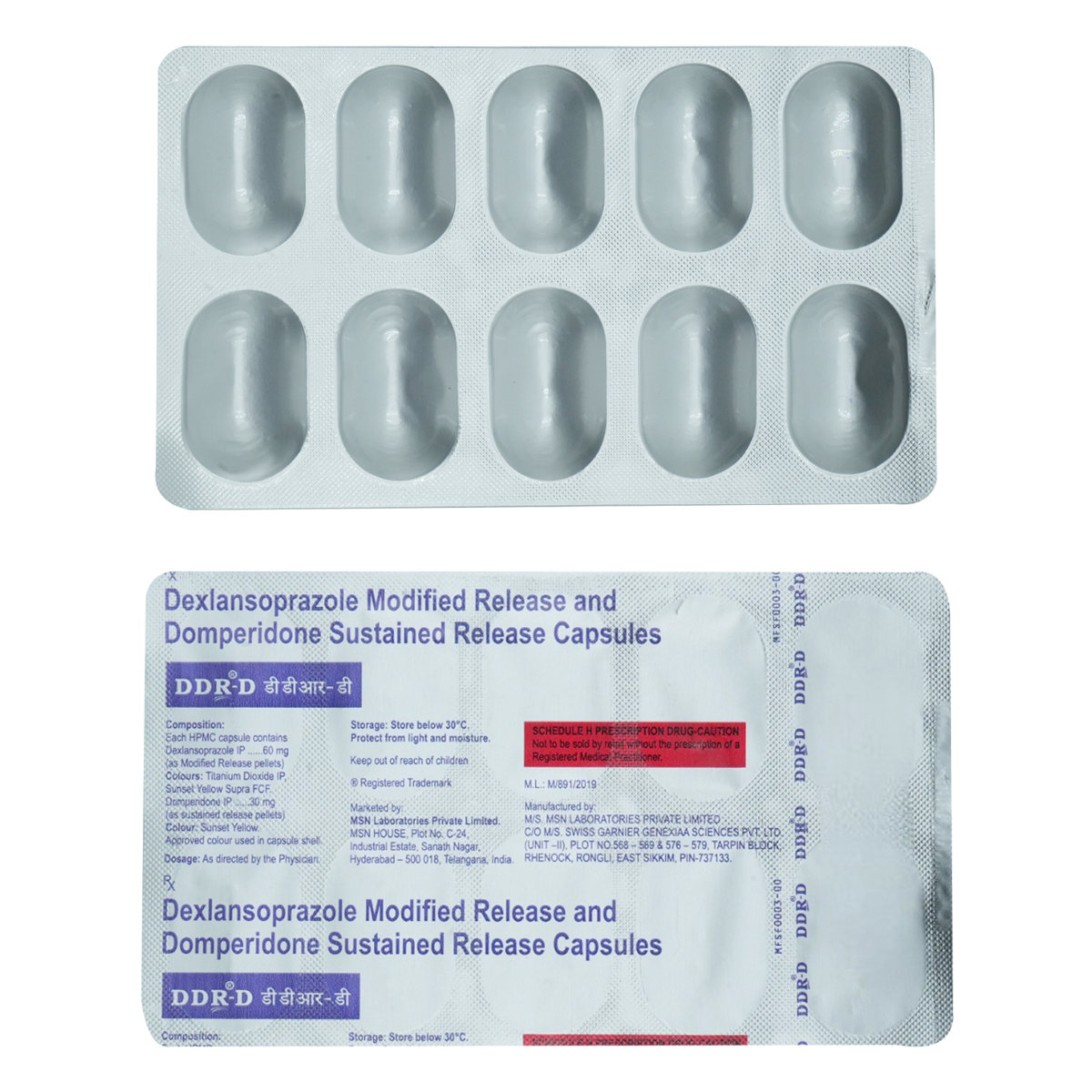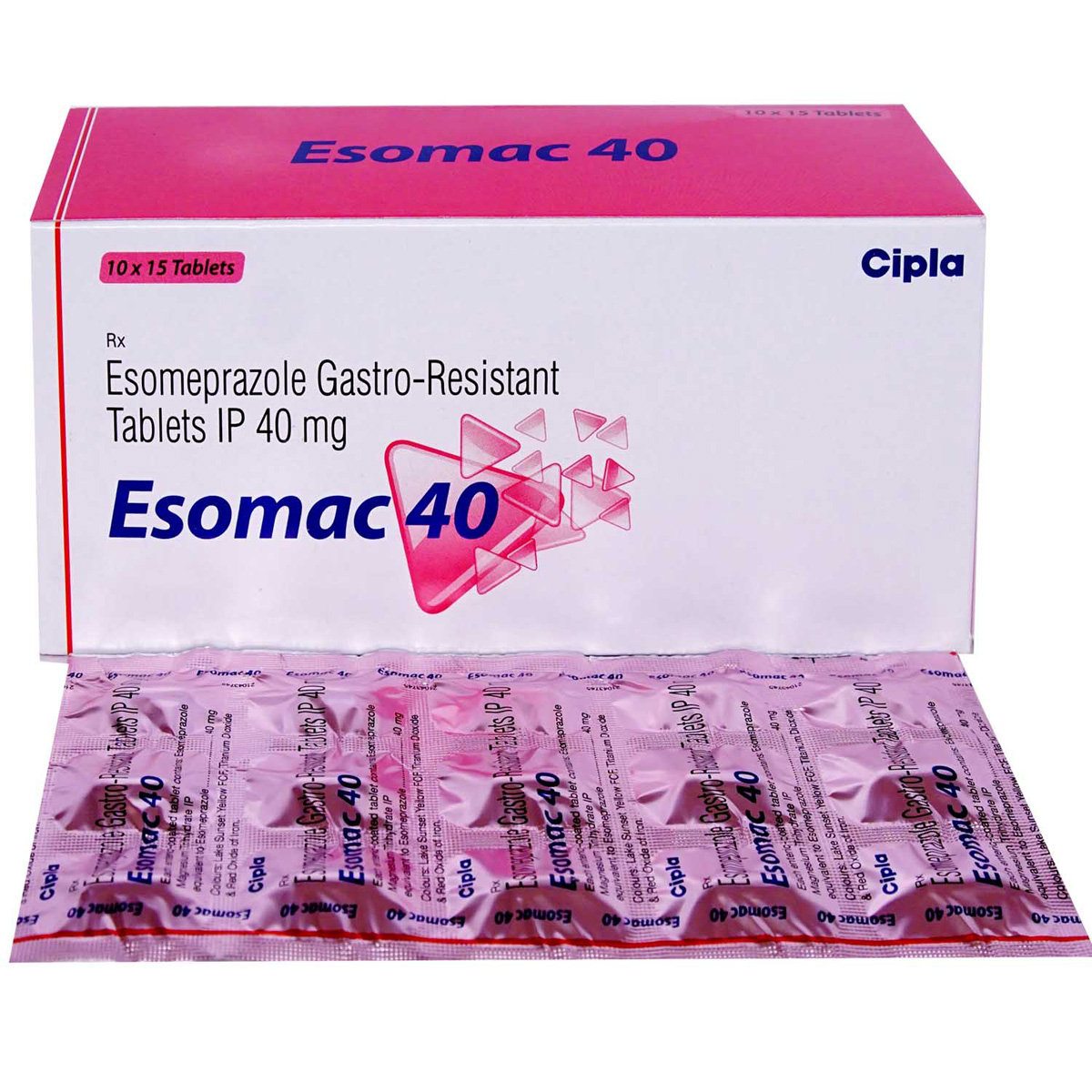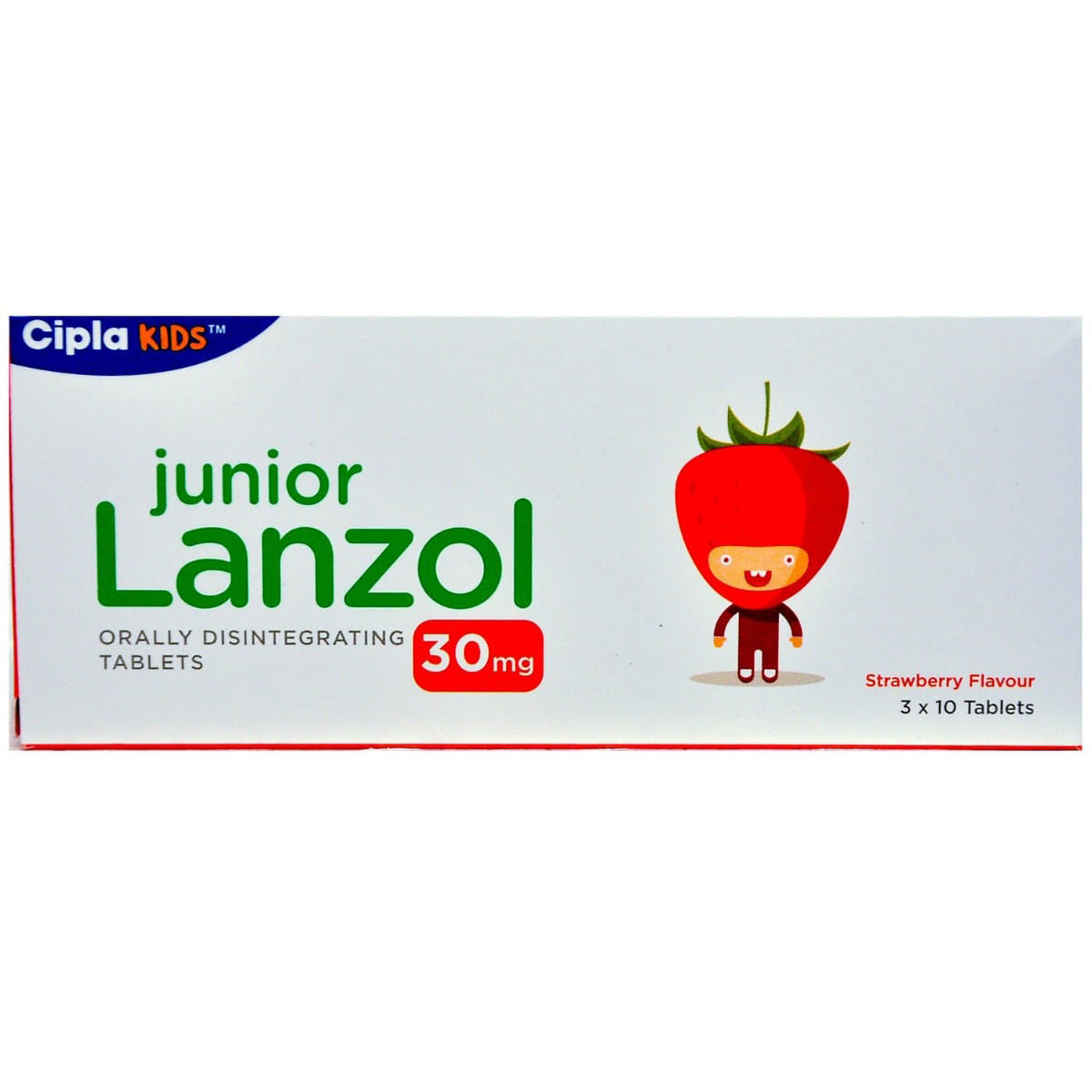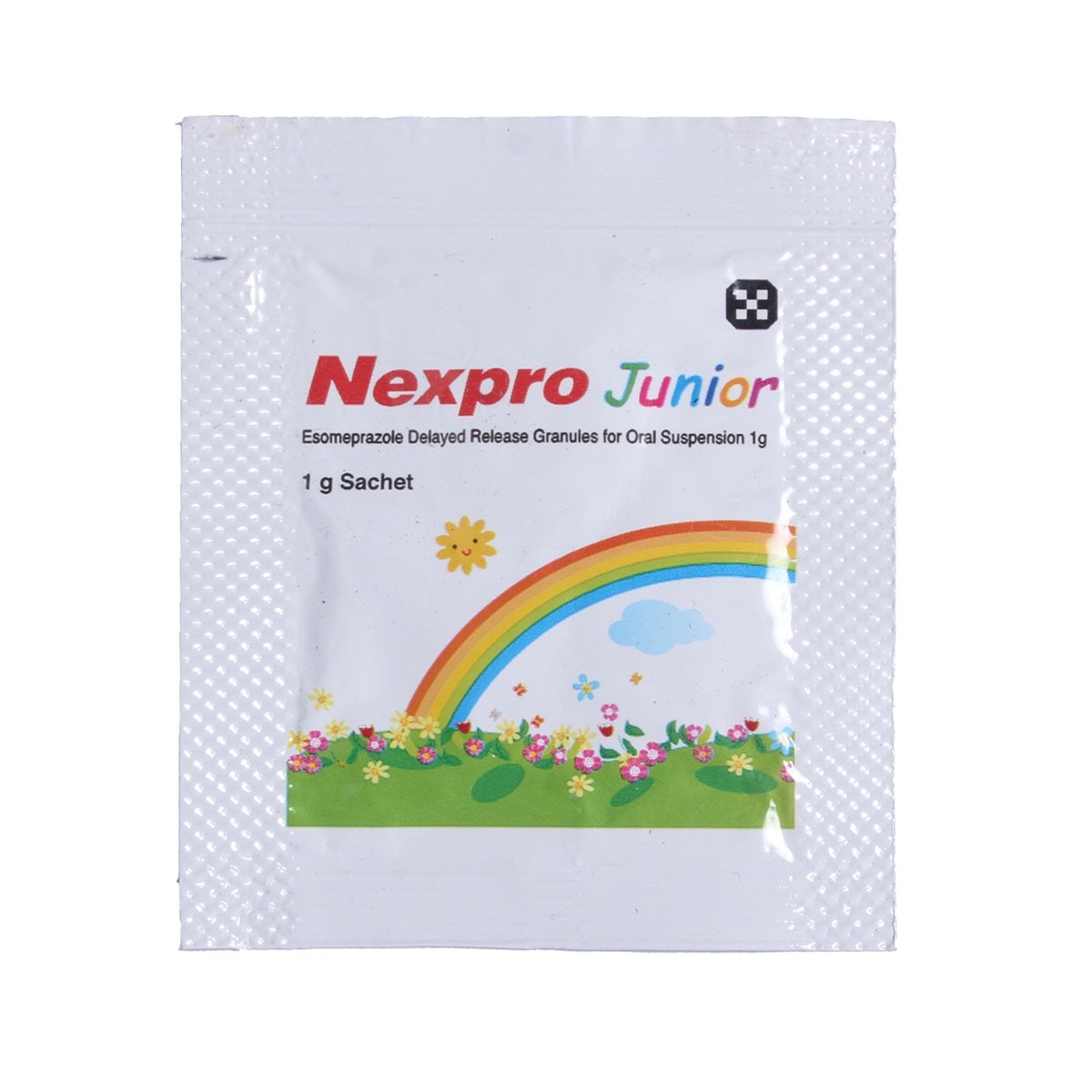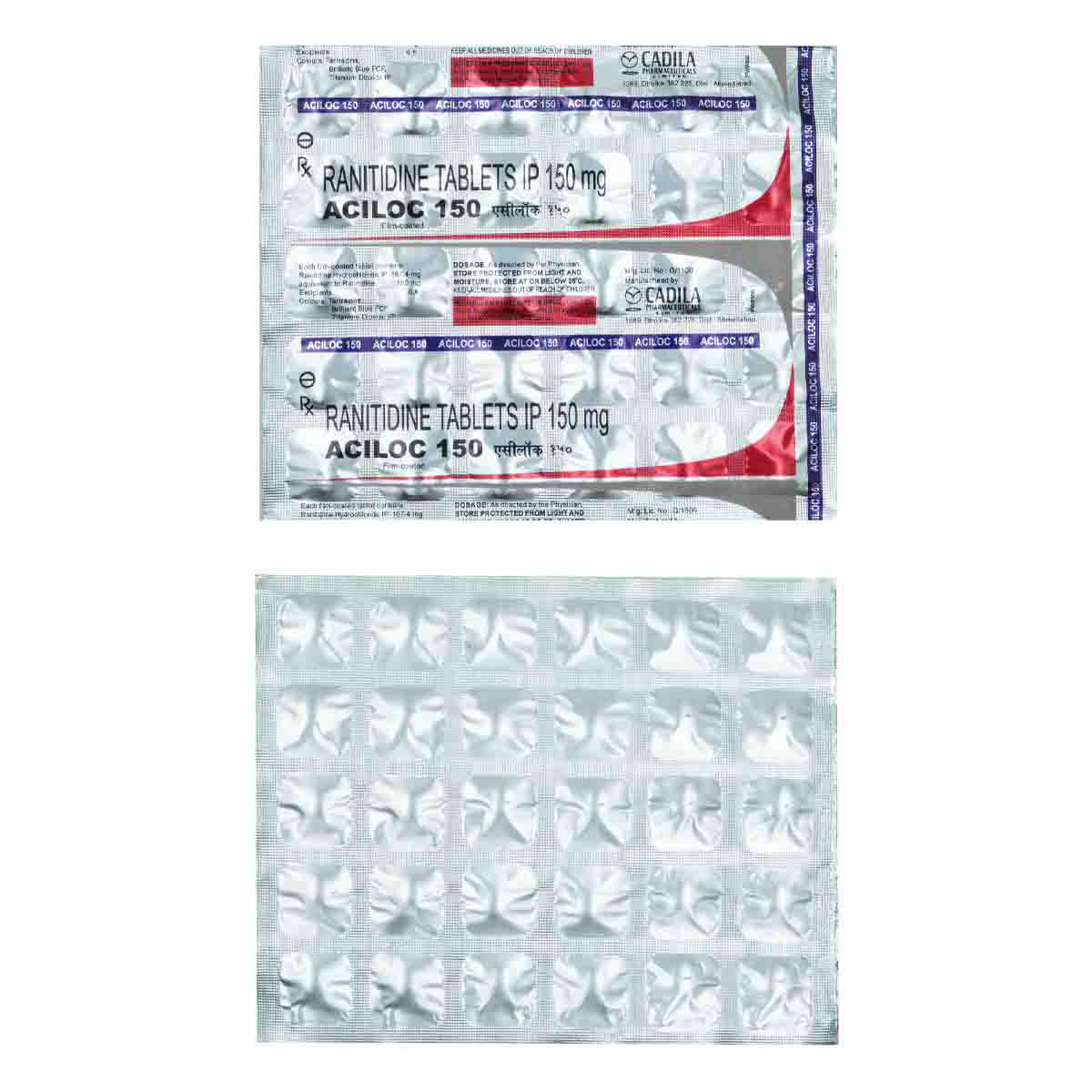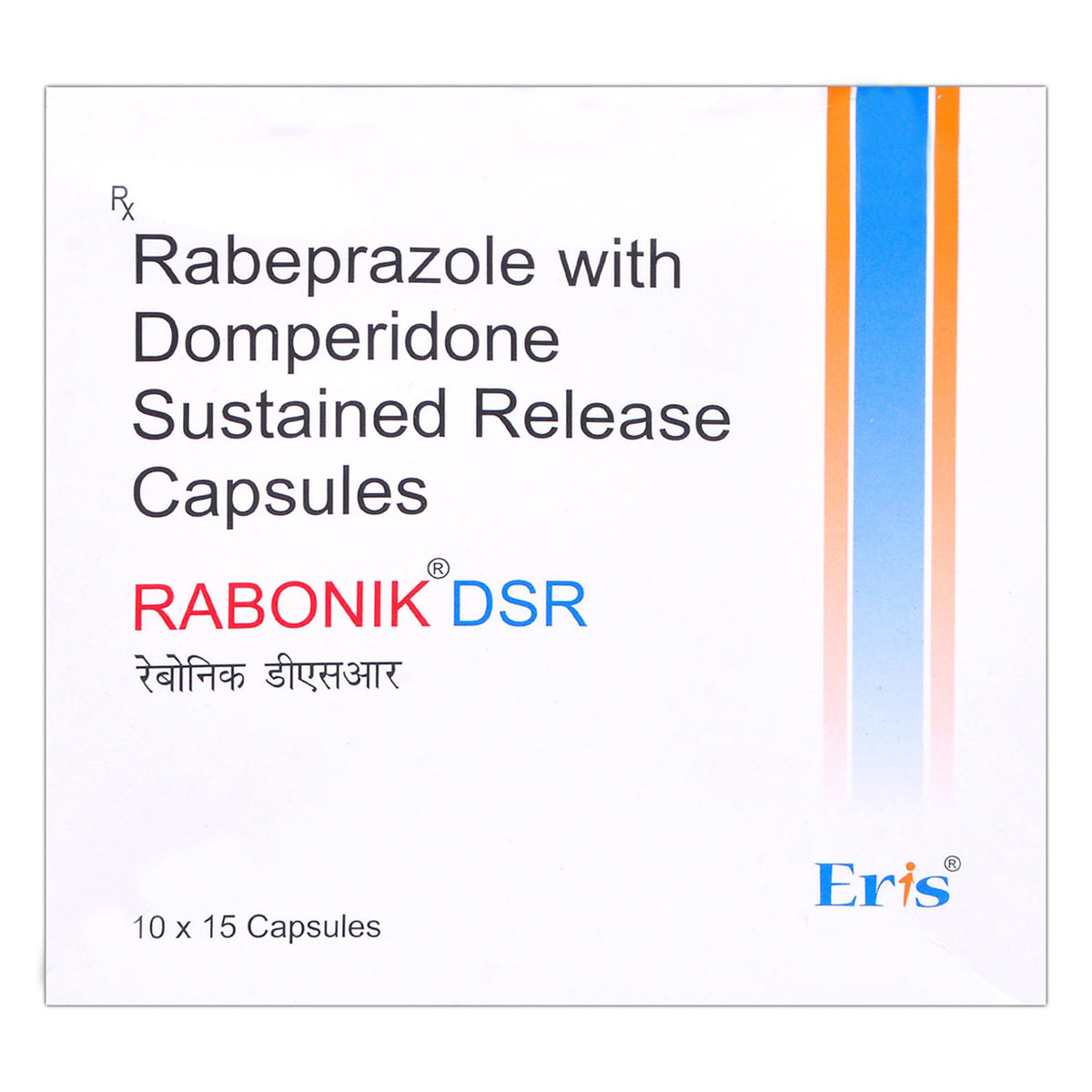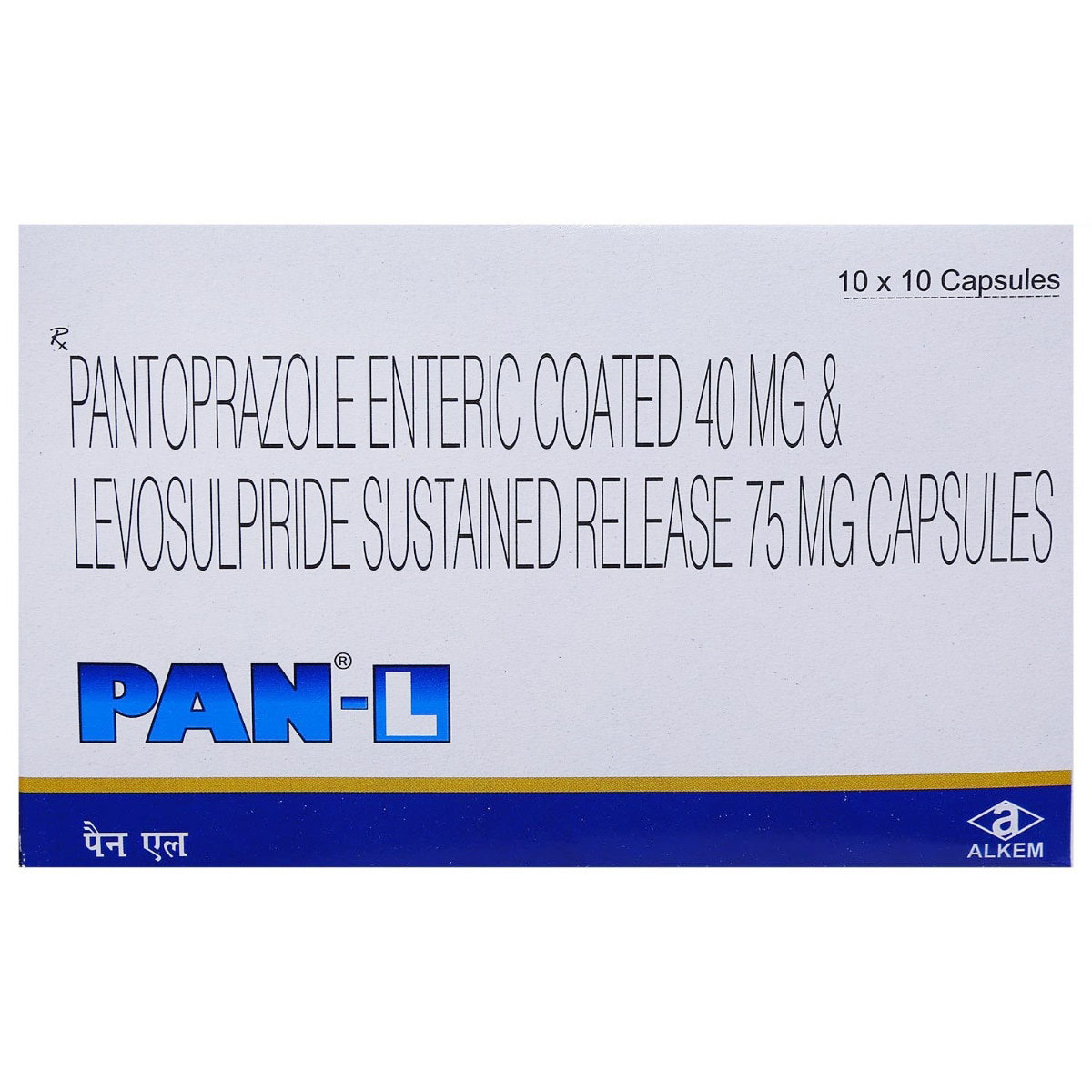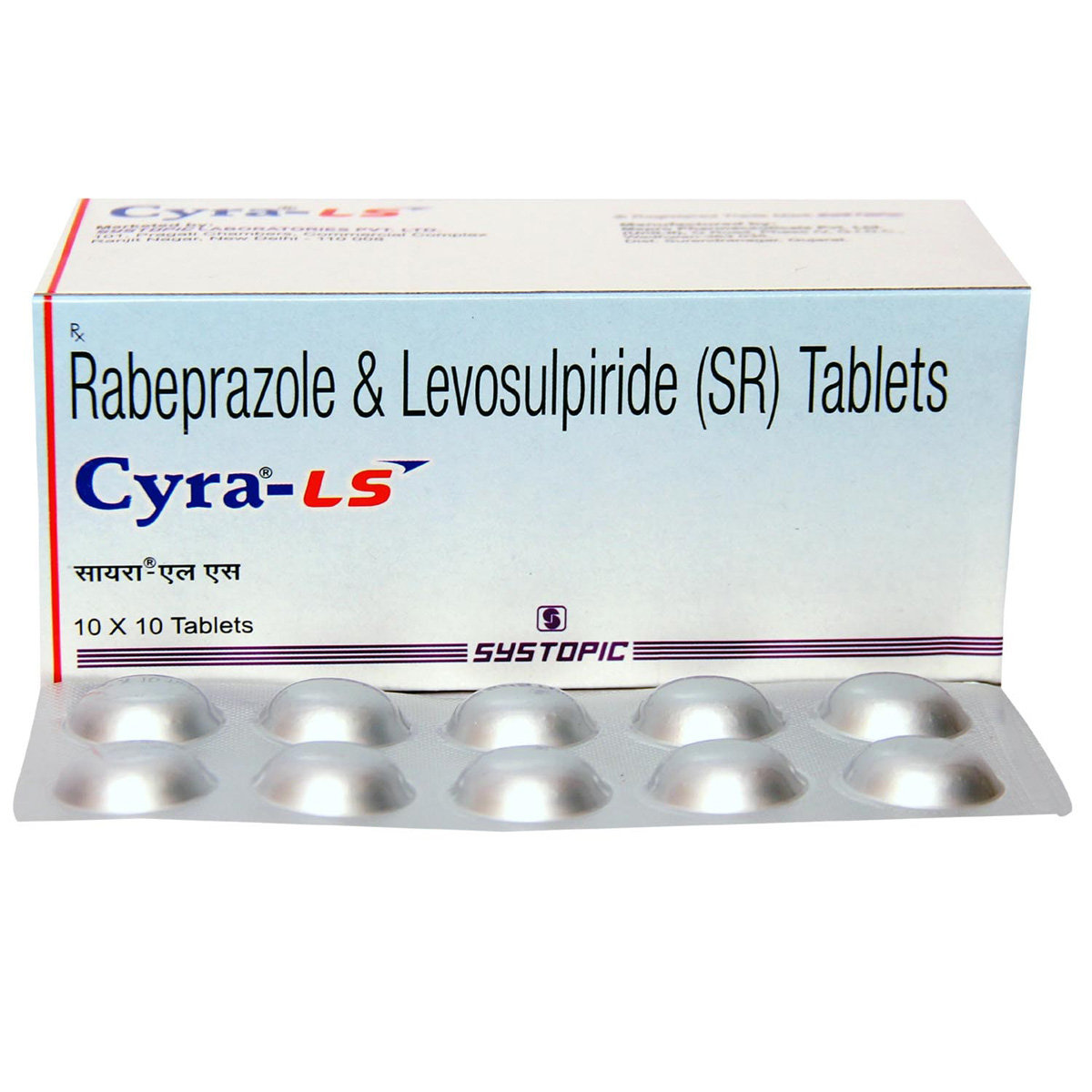- Home
- Health Condition
Medicine For Gas
Medicine For Gas
- Total Items (4255)
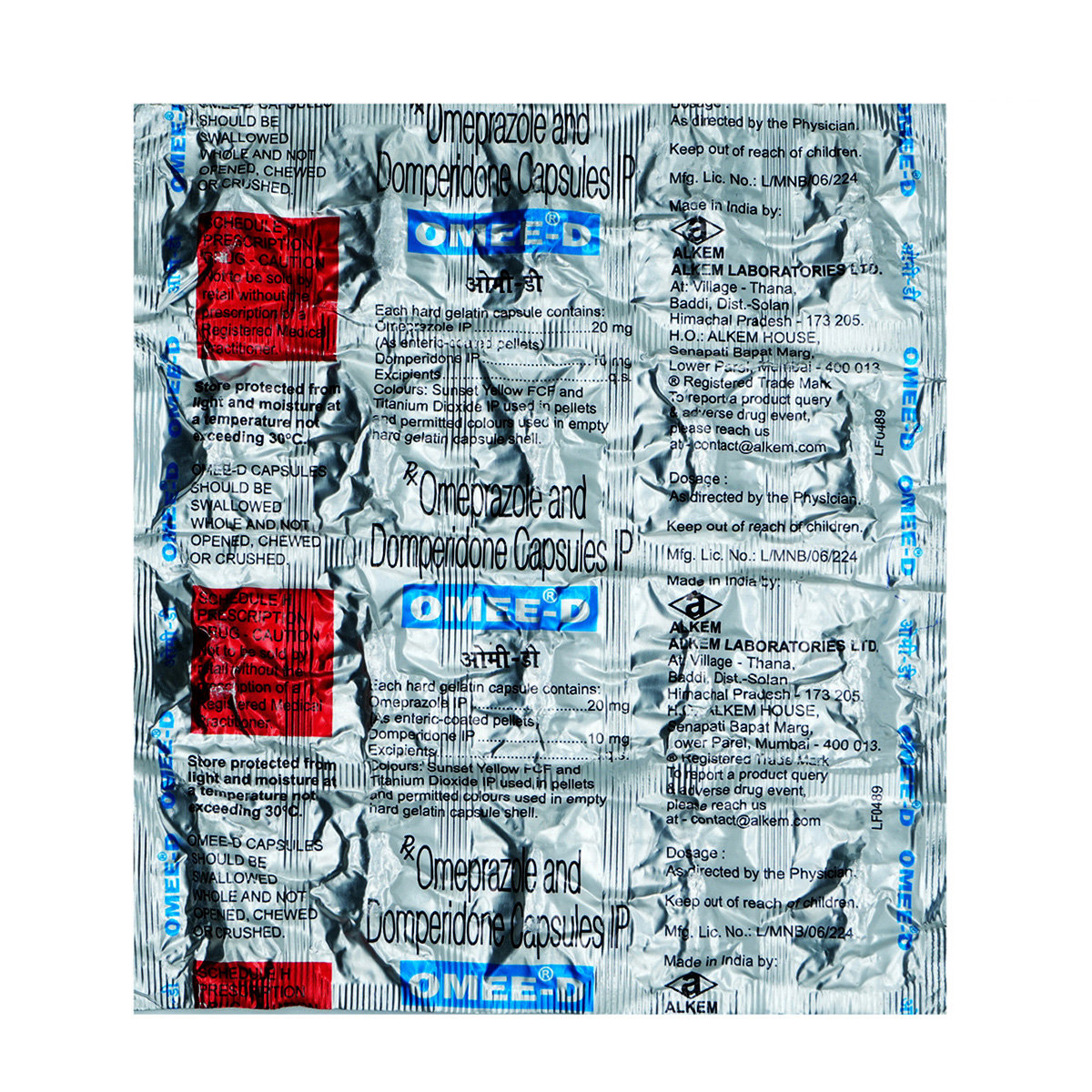 RX
RXOmee-D Capsule 20's
₹161.60
MRP ₹215.50
25% off
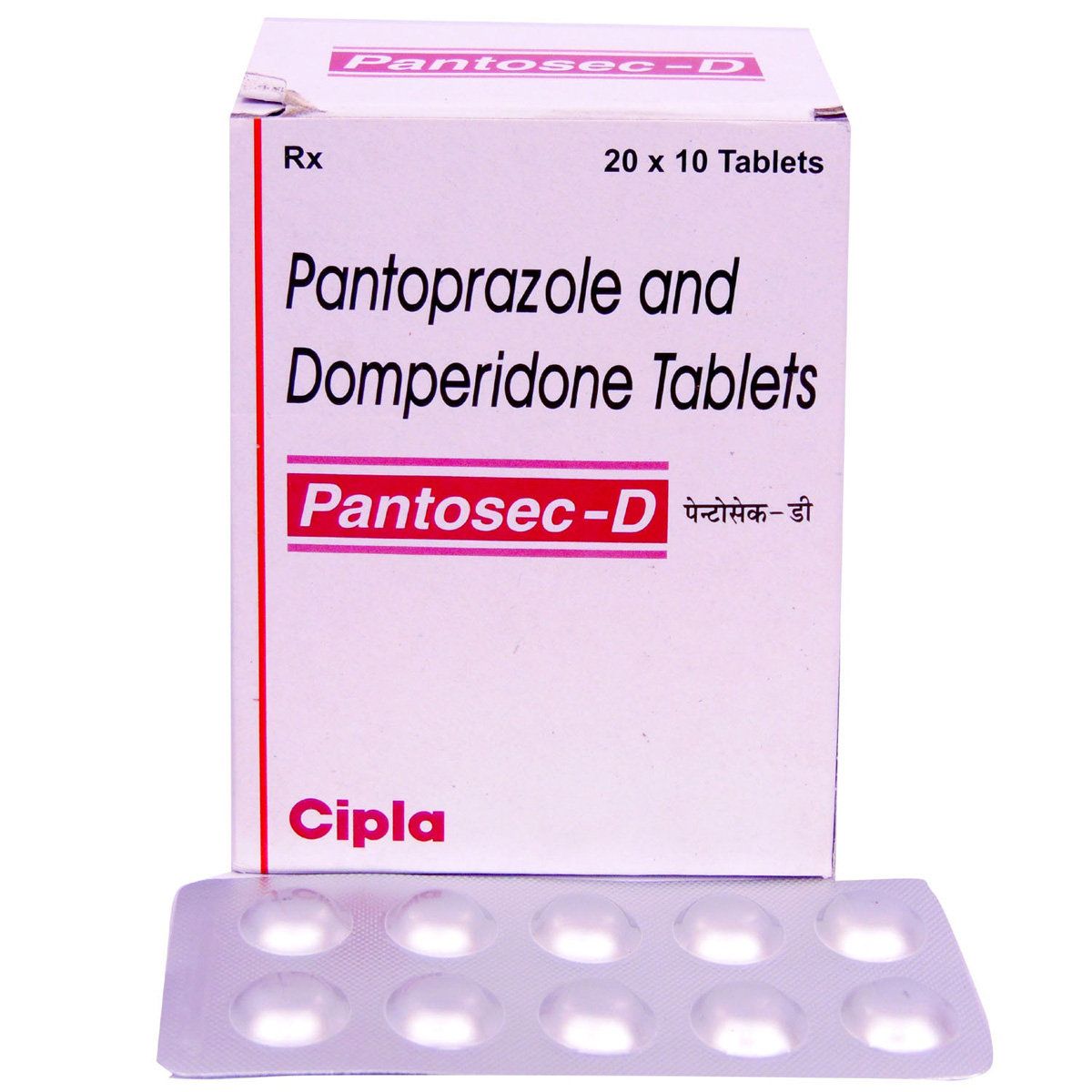 RX
RXPantosec-D Tablet 10's
₹126.70
MRP ₹169
25% off
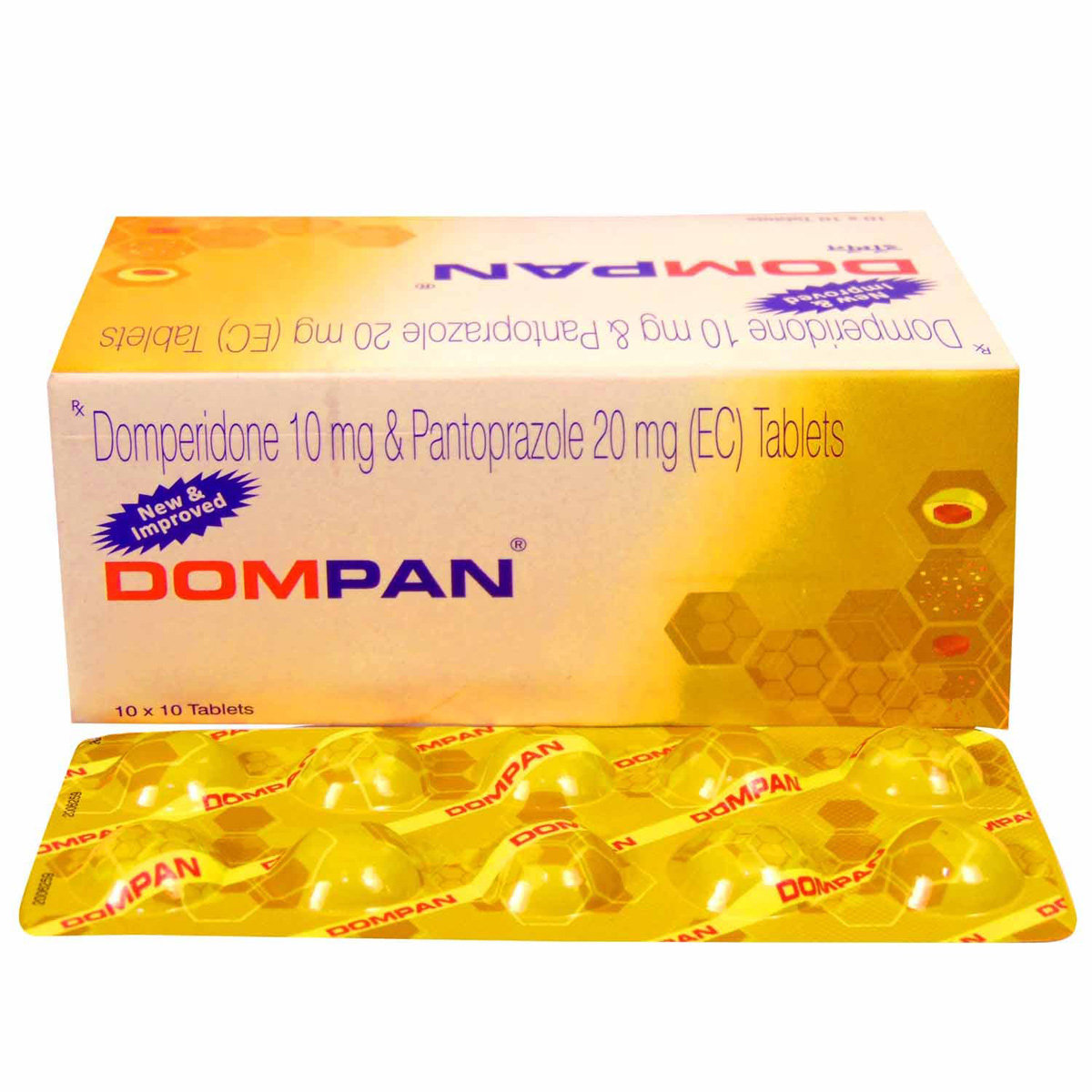 RX
RXDompan Tablet 10's
₹126.50
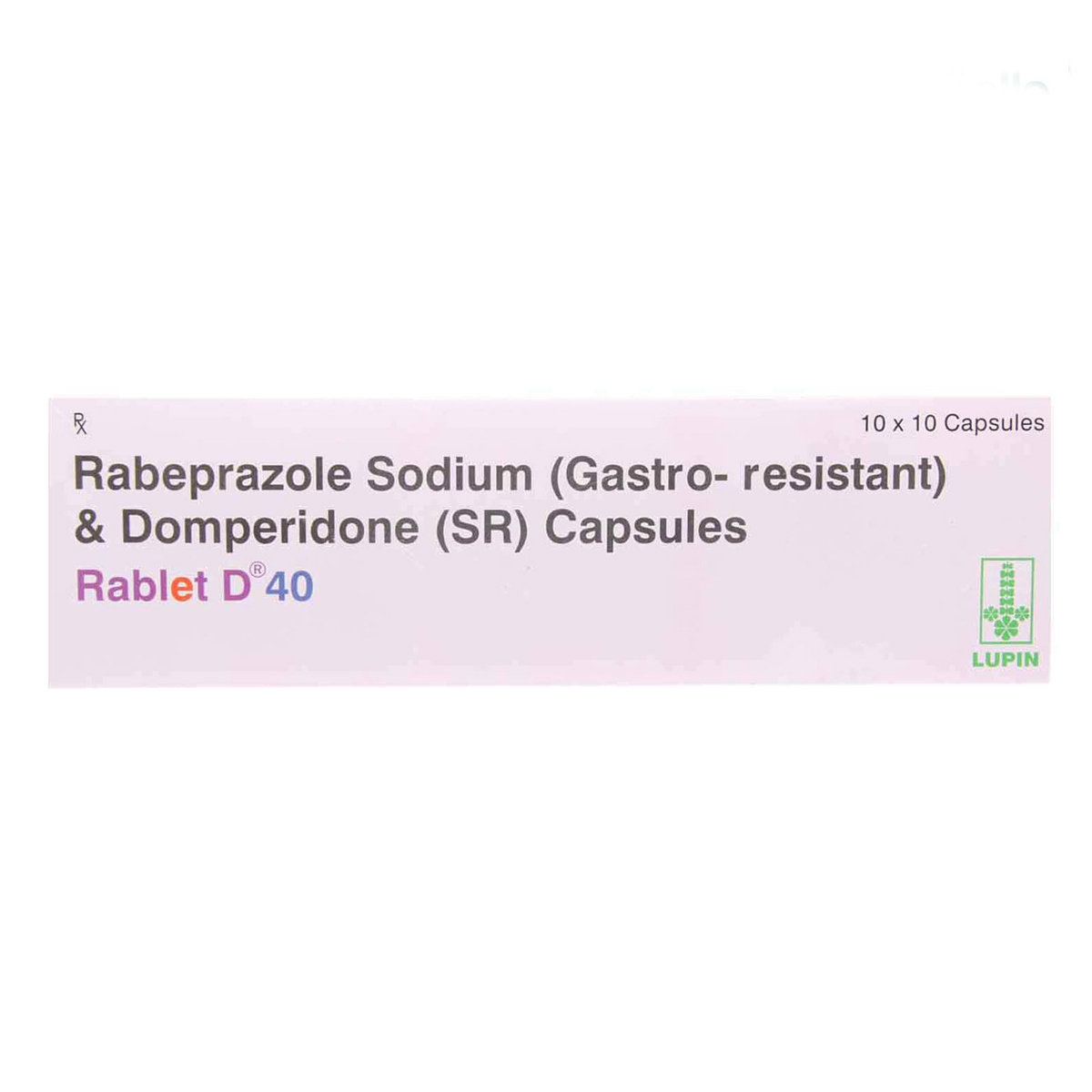 RX
RXRablet D 40 Capsule 10's
₹239.50
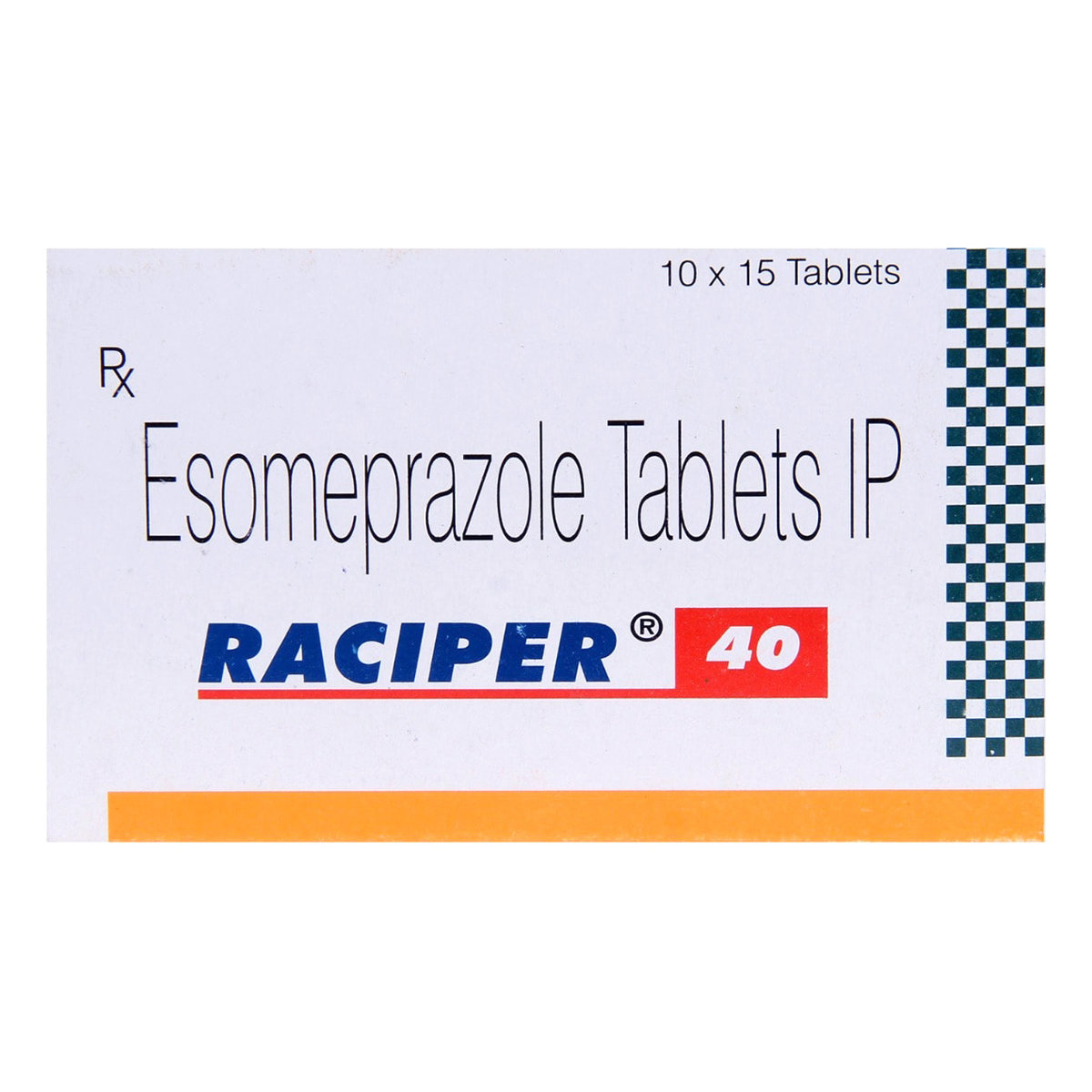 RX
RXRaciper 40 Tablet 15's
₹168.50
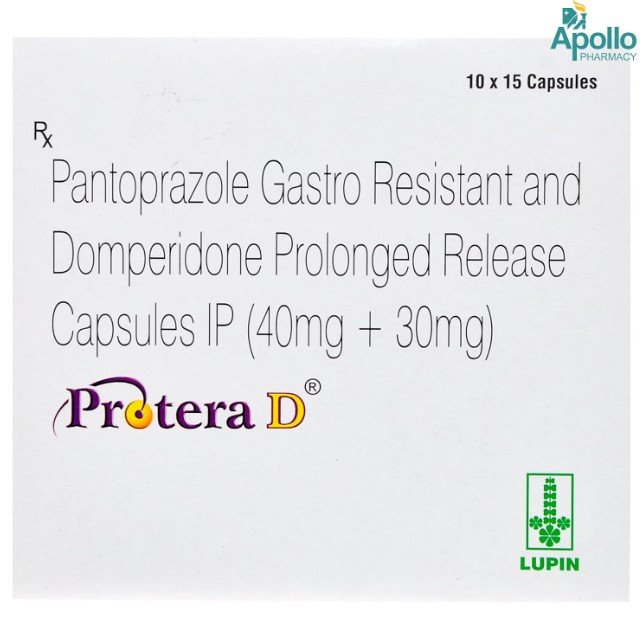 RX
RXProtera D Capsule 15's
₹241.50
 RX
RXPantakind Flux Capsule 10's
₹169.50
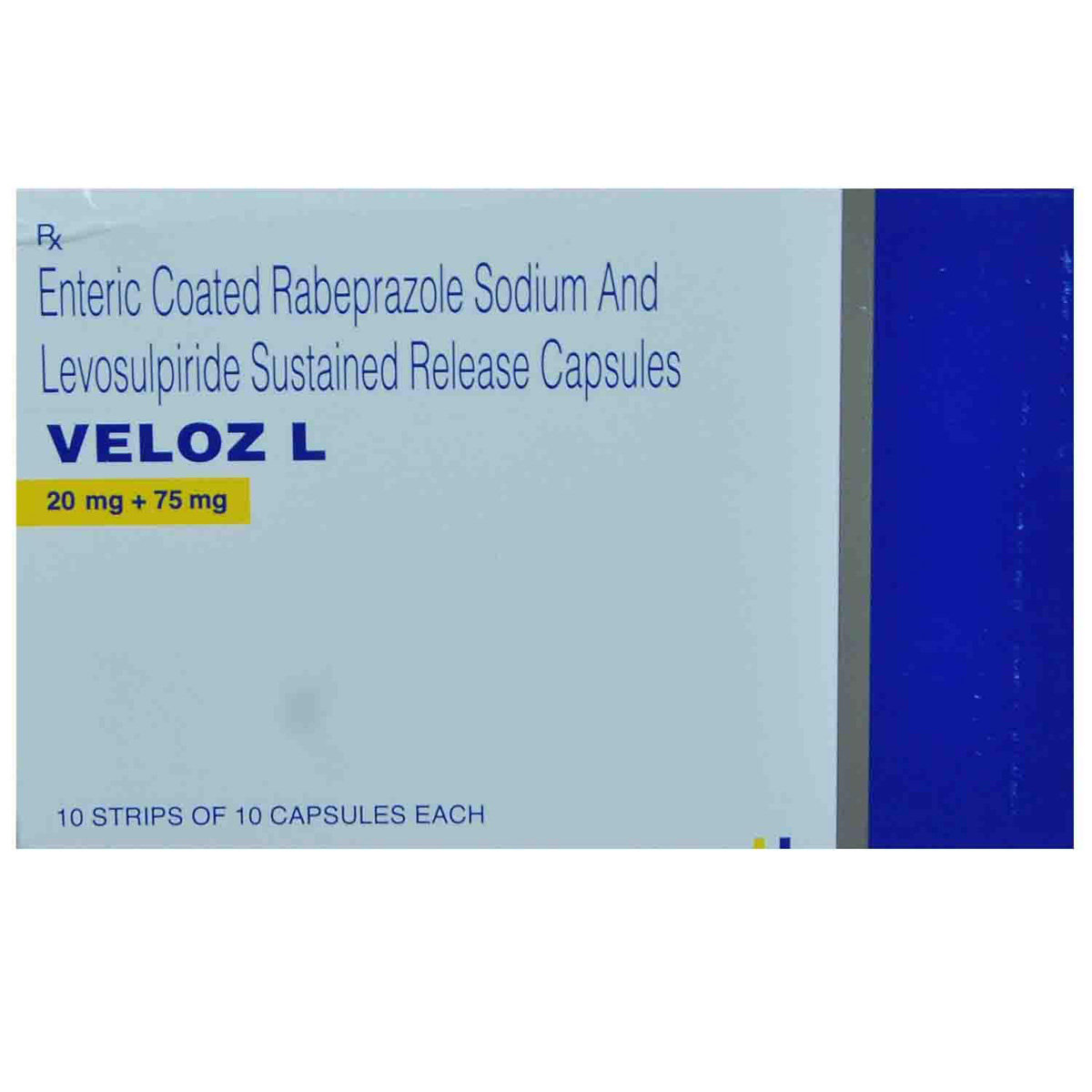 RX
RXVeloz L Capsule 10's
₹317.50
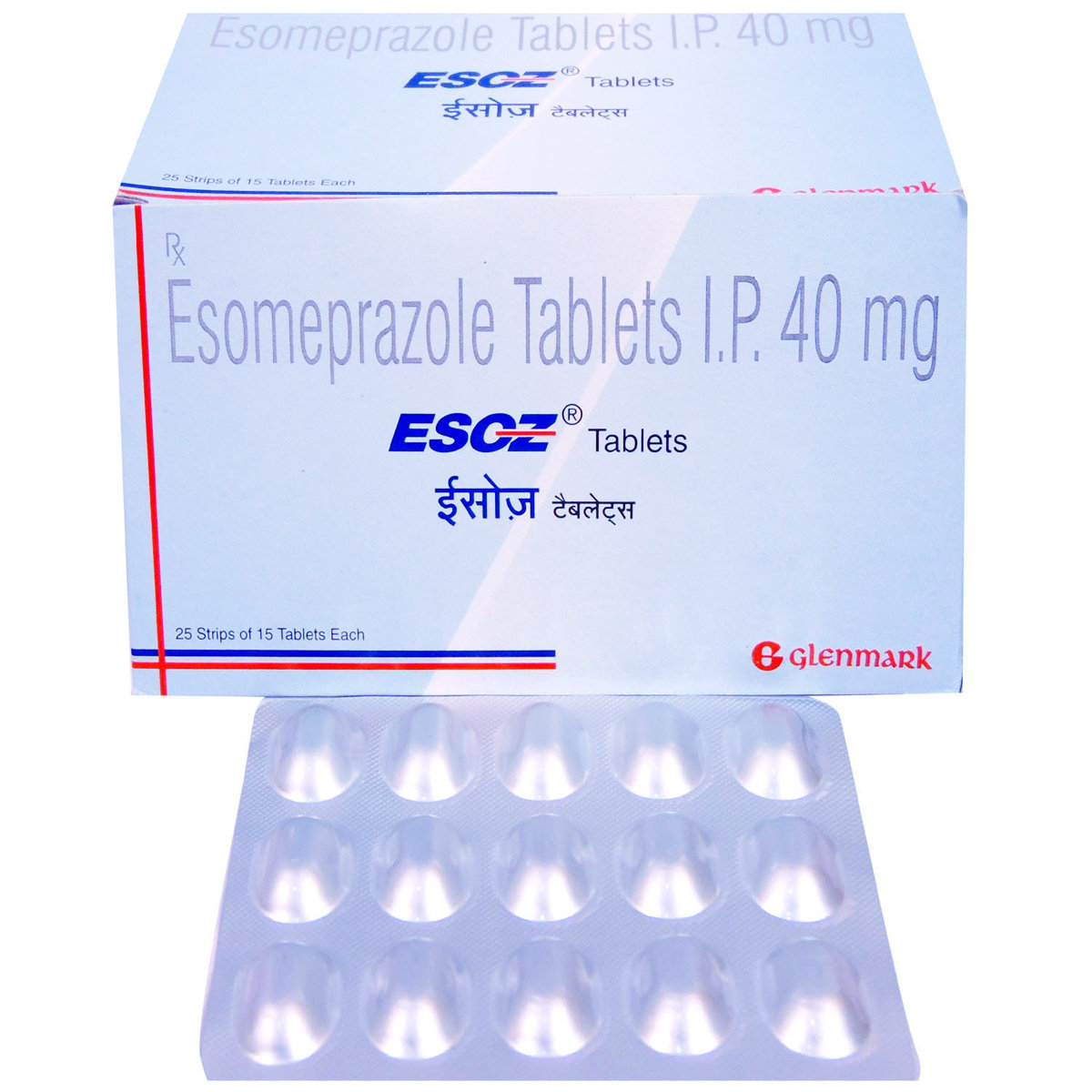 RX
RXEsoz Tablet 15's
₹228.50
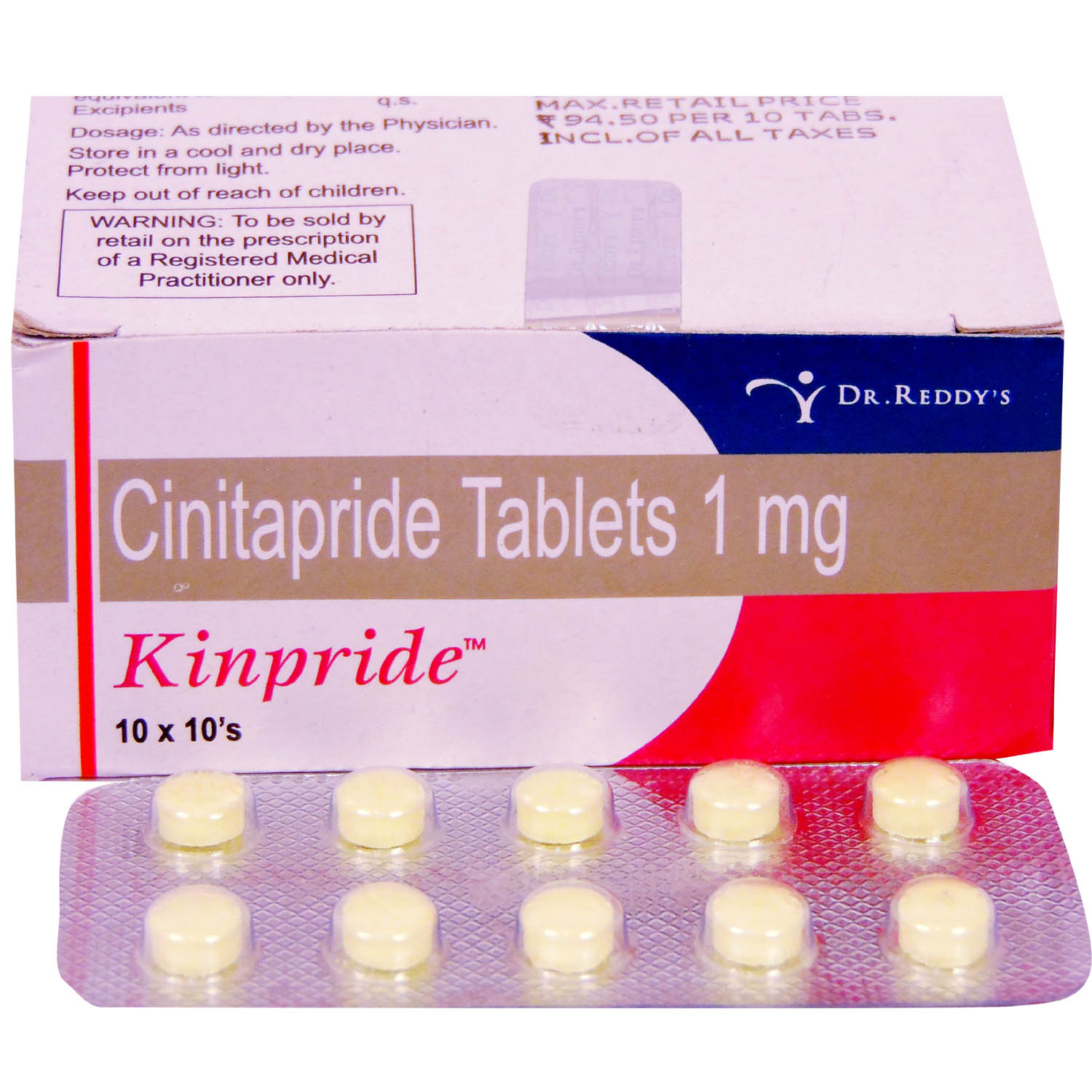 RX
RXKinpride Tablet 10's
₹155.50
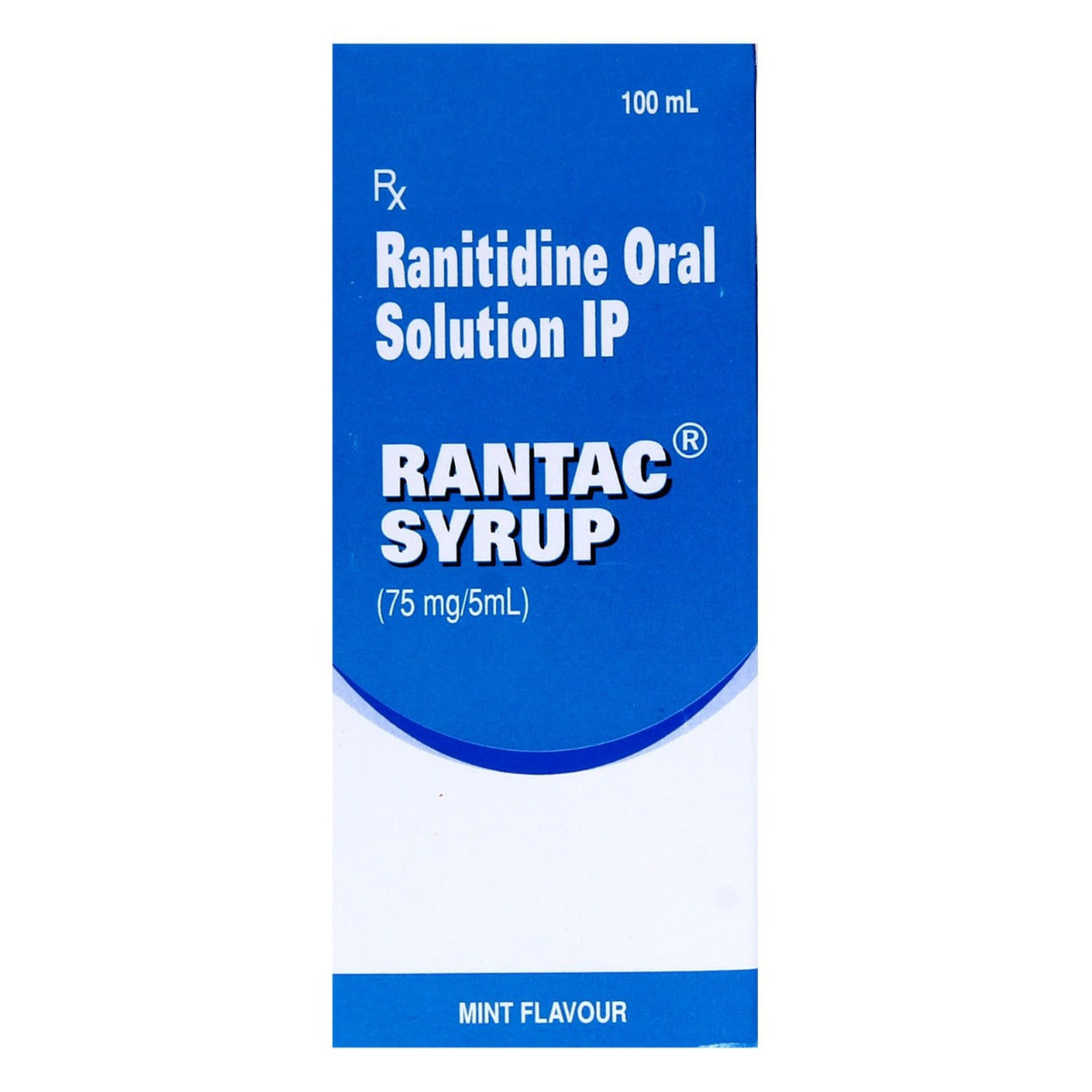 RX
RXRantac Mint Syrup 100 ml
₹166.50
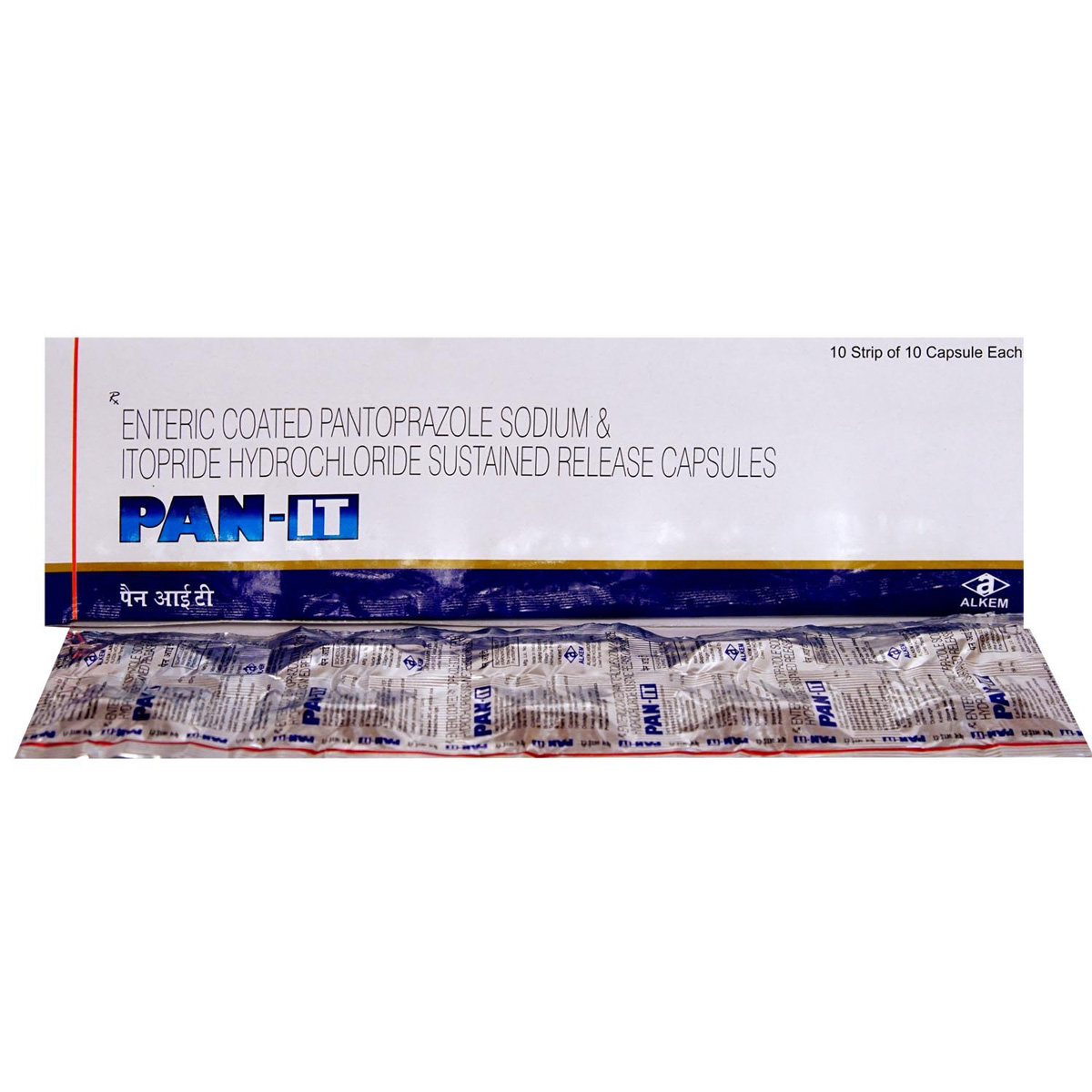 RX
RXPan IT Capsule 10's
₹274.50
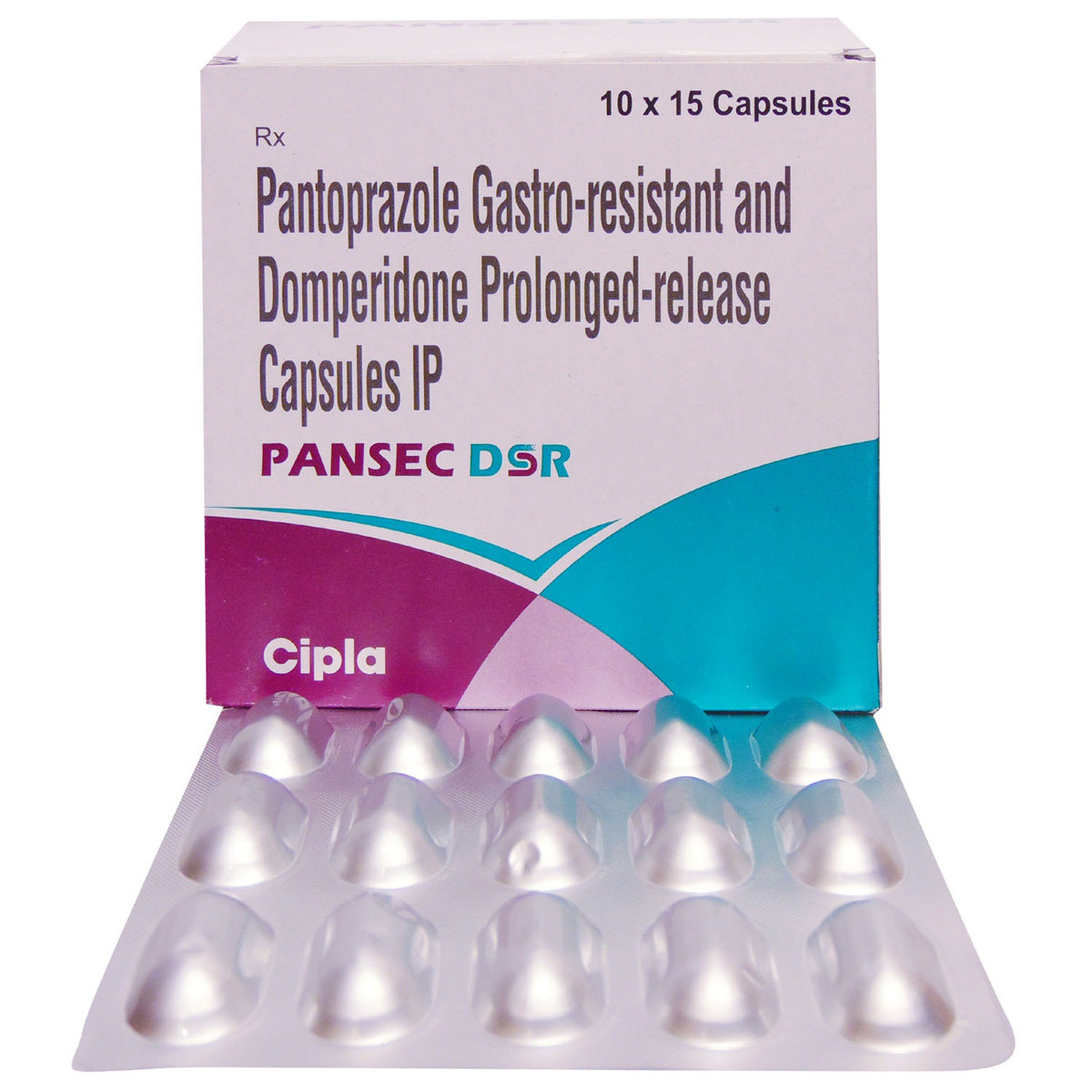 RX
RXPansec DSR Capsule 15's
₹224.40
MRP ₹280.50
20% off
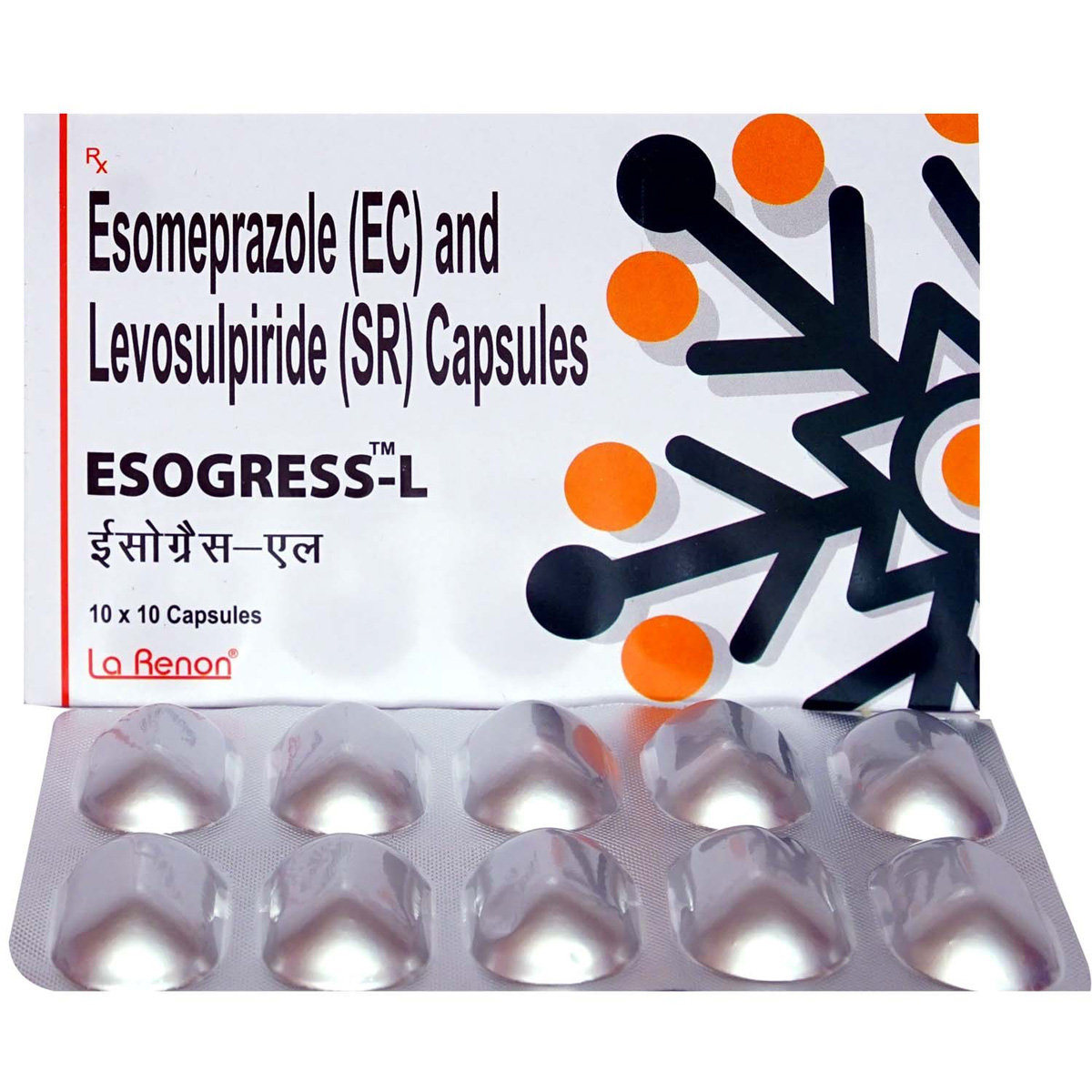 RX
RXEsogress-L Capsule 10's
₹276.50
Medicine for Gas
Excessive gas in the digestive system can lead to bloating, discomfort, and sometimes pain. This condition, often referred to as flatulence, can be caused by several factors, including the consumption of certain foods, digestive disorders, and stress. While lifestyle and dietary adjustments are essential for managing gas, medicines can play an important role in providing relief from discomfort and addressing the underlying causes. In this article, we will explore the different types of medicines used for gas, their benefits, proper usage, and where to buy them online.
Types of Medicine for Gas
Several types of medicines are available to help manage and relieve the discomfort caused by gas, bloating, and excessive flatulence. Here's a detailed overview of each category and some commonly used medications:
1. Antacids
Antacids are commonly used to neutralise stomach acid and provide quick relief from indigestion, which is often associated with gas and bloating. Though primarily used for acid-related issues like heartburn, antacids can also alleviate discomfort from gas in some cases.
Common Antacids:
- Calcium Carbonate (e.g., Tums)
- Magnesium Hydroxide (e.g., Milk of Magnesia)
- Aluminum Hydroxide (e.g., Maalox)
2. Simethicone
Simethicone is an anti-foaming agent that works by breaking down large gas bubbles in the stomach and intestines, which helps to relieve bloating, flatulence, and discomfort caused by gas buildup. It's commonly used for excessive gas and is available in chewable tablets or liquid form.
Common Simethicone Products:
- Gas-X
- Phazyme
3. Digestive Enzymes
Gas can sometimes result from difficulty in digesting certain foods, such as lactose, fiber, or fats. Digestive enzyme supplements assist in breaking down these food components, thus reducing the production of gas.
Common Digestive Enzymes:
- Lactase (e.g., Lactaid) – Helpful for lactose intolerance.
- Alpha-galactosidase (e.g., Beano) – Helps with the digestion of beans and cruciferous vegetables.
- Pancrelipase (e.g., Creon) – Assists in digesting fats, proteins, and carbohydrates for those with pancreatic insufficiency.
4. Probiotics
Probiotics are live beneficial bacteria that can help balance the gut microbiota, which plays a key role in digestion. By restoring the healthy balance of gut bacteria, probiotics help reduce gas, bloating, and other digestive discomforts.
Common Probiotics:
- Lactobacillus (e.g., Culturelle, Lactobacillus GG)
- Bifidobacterium (e.g., Align)
5. Antibiotics (for Small Intestinal Bacterial Overgrowth - SIBO)
In cases of Small Intestinal Bacterial Overgrowth (SIBO), excessive growth of bacteria in the small intestine can lead to gas, bloating, and digestive discomfort.
Antibiotics specifically used to treat SIBO can help reduce the bacterial load and alleviate symptoms.
Common Antibiotics for SIBO:
- Rifaximin (e.g., Xifaxan)
6. Motility Agents
Motility agents help regulate the movement of food and gas through the digestive system. These medications can improve gastrointestinal motility and reduce the accumulation of gas in the stomach and intestines, easing bloating and discomfort.
Common Motility Agents:
- Domperidone (e.g., Motilium)
- Metoclopramide (e.g., Reglan)
Benefits of Using Medicine for Gas
Using the right medicines for managing gas and bloating can provide a range of benefits, helping to restore comfort and improve overall digestive health. Below are some key benefits of using gas medicines:
- Immediate Relief: Simethicone-based products and antacids provide quick relief from bloating and gas pain by breaking down gas bubbles in the digestive tract and neutralising stomach acid. This helps restore comfort after meals.
- Reduced Gas Production: Digestive enzymes and probiotics can help reduce the production of gas by improving digestion and promoting a healthy balance of gut bacteria. Digestive enzymes aid in breaking down food more effectively, while probiotics support the growth of beneficial bacteria that can reduce gas production.
- Improved Digestion: Medications such as digestive enzymes, probiotics, and motility agents enhance the digestive process. They promote the efficient breakdown and absorption of nutrients, which reduces the likelihood of gas buildup and associated discomfort.
- Treatment of Underlying Causes: For conditions like Small Intestinal Bacterial Overgrowth (SIBO), antibiotics can address the root causes of excessive gas. By targeting and reducing harmful bacterial overgrowth in the small intestine, these treatments provide long-term relief from gas-related symptoms.
Dosage & Usage Instructions of Medicine for Gas
It’s essential to follow the recommended dosage and instructions for each type of gas medicine to ensure effectiveness and avoid side effects.
1. Simethicone
- Gas-X: Typically taken as needed, with a usual dosage of 125 mg to 250 mg after meals and at bedtime.
- Phazyme: Take 1-2 soft gels after meals or when needed. The dosage may vary depending on the specific product.
2. Digestive Enzymes
- Lactase (Lactaid): Usually taken with the first bite of dairy-containing foods, 1-2 caplets per meal.
- Alpha-galactosidase (Beano): Take 1-2 tablets at the beginning of meals containing gas-producing foods.
- Pancrelipase (Creon): Follow your healthcare provider’s dosage instructions, typically taken with meals.
3. Probiotics
- Lactobacillus: For general digestive health, take 1-2 capsules per day, ideally with meals.
- Bifidobacterium: Start with 1 capsule per day, increasing as directed by your healthcare provider.
4. Antibiotics (for SIBO)
- Rifaximin: Typically prescribed for a 14-day course, with a dosage of 550 mg taken three times a day.
5. Motility Agents
- Domperidone: Usually taken 10 mg before meals and at bedtime, 3 times a day.
- Metoclopramide: Typically prescribed at 10 mg three times a day, 30 minutes before meals.
Cautions:
- Overuse of Simethicone or Antacids: Excessive use can lead to digestive upset, constipation, or imbalances in electrolytes.
- Use of Motility Agents like Domperidone and Metoclopramide: These medications should only be used under medical supervision, as they may cause side effects such as drowsiness, movement disorders, or other complications if not taken as prescribed.
Buy Medicine for Gas Online at Apollo 24|7
If you're seeking relief from gas discomfort, Apollo 24|7 has a comprehensive selection of medicines to help manage your symptoms. From simethicone and probiotics to digestive enzymes and antispasmodics, we offer effective treatments tailored to your needs. With the convenience of online ordering and fast delivery, you can get the right solution for your digestive health, delivered straight to your doorstep.
Whether you're looking for over-the-counter options or need a consultation with a healthcare professional, Apollo 24|7 ensures a smooth and reliable process for managing your gas and improving overall digestive wellness.
Frequently asked questions
Excessive gas can be caused by a variety of factors, including poor digestion, food intolerances (like lactose or gluten), overeating, swallowing air while eating or drinking, and imbalances in gut bacteria. Certain foods like beans, carbonated drinks, and fatty foods can also contribute to gas buildup.
Relieving gas and bloating can often be achieved with medicines such as simethicone (which breaks down gas bubbles), digestive enzymes (which help with food digestion), and probiotics (which restore balance to gut bacteria). In addition to medication, lifestyle changes such as avoiding trigger foods and eating smaller meals may also help.
Yes, probiotics are helpful for managing gas. They promote a healthy balance of gut bacteria, which can reduce bloating and discomfort caused by an imbalance in the gut microbiota. Probiotics can be particularly beneficial for individuals who experience gas due to digestive disorders or antibiotic use.
Simethicone is most effective when taken after meals or when you experience symptoms of bloating and discomfort. It helps break down gas bubbles in the stomach and intestines, providing relief from excessive gas. Follow the recommended dosage on the packaging or as directed by your healthcare provider.
If you're dealing with chronic or persistent gas, it's important to consult a healthcare provider to determine the underlying cause. In some cases, chronic gas may be due to conditions such as IBS (Irritable Bowel Syndrome) or Small Intestinal Bacterial Overgrowth (SIBO). Your doctor can recommend appropriate treatments, which may include prescription medications in addition to over-the-counter options like simethicone or digestive enzymes.

